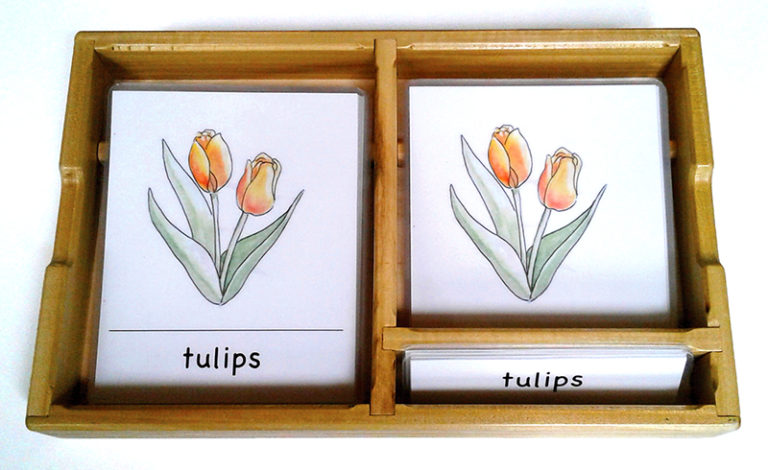Living with Purpose
Living with Purpose
Each and every one of us likes to feel that we are needed. We like to help out, make a difference and be useful. Helping others adds purpose and meaning to our life. Completing a job-well-done gives a boost to our self-esteem. People with dementia have the same desire to contribute to their household or the community; the need to be productive doesn’t end once someone has a diagnosis of dementia. In fact, people in the early stages of dementia who are aware that they are having difficulties with word finding, memory, have an incredibly strong desire to be needed by others. As they struggle to communicate and remember daily information they need to have tasks at which they succeed. They require positive reinforcement that they are valued. Although people with dementia may not be able to contribute in exactly the ways they could before, there are still so many things they can do.
My friends Angela and Jeff come to mind. Jeff has moderately advanced dementia and his speech is very limited. He has great difficulty communicating his needs to his wife Angela. However, he still has a desire to do things for her. He enjoys clearing the table and washing the dishes after meals.
Because this has always been part of their routine-she cooks and he cleans up-it’s familiar and comfortable to him. One daily ritual they’ve had for years is a 10:00 AM coffee break and snack in the living room. Jeff will put placemats on the coffee table, get out the cream and sugar, and fold the napkins. Angela makes and serves the coffee and then Jeff cleans up. In a life filled with daily challenges to communicate, being able to helpful and complete these tasks for his wife truly makes Jeff feel good.
If you care for someone who has dementia, try to think of small ways throughout the day that they can help you or others and make that part of the daily routine. People with dementia will have less anxiety and confusion throughout the day if their daily routine is consistent. Look for opportunities to involve others outside of the family unit so as friends, colleagues, or church members. Being able to socialize has significant implications for quality of life. Maintaining meaningful relationships with staff, family, friends, and visitors, in large part, is based on being able to communicate. People with dementia who experience language impairment are more likely to become socially withdrawn unless caregivers help them to remain active.
Here are some ideas of helpful tasks you may want to incorporate into the daily routine of someone with dementia:
• Set and clear the table
• Wipe the table and wash the dishes
• Help prepare meal by washing fruits and vegetables or mixing ingredients
• Read to a child
• Read the mail to a spouse
• Teach child to play a game
• Walk or feed a dog
• Brush a dog
• Sweep, dust, vacuum
• Rake leaves
• Plant flowers
• Weed garden
• Fold laundry
• Take a meal to a friend
• Visit someone who is home bound
Make sure to say “thank you” for the help you do receive. A hug, pat on the back, or praise for a job well done are all great way to acknowledge someone’s contributions. Ralph Waldo Emerson wrote, “The purpose of life is not to be happy. It is to be useful, to be honorable, to be compassionate, to have it make some difference that you have lived and lived well.”





